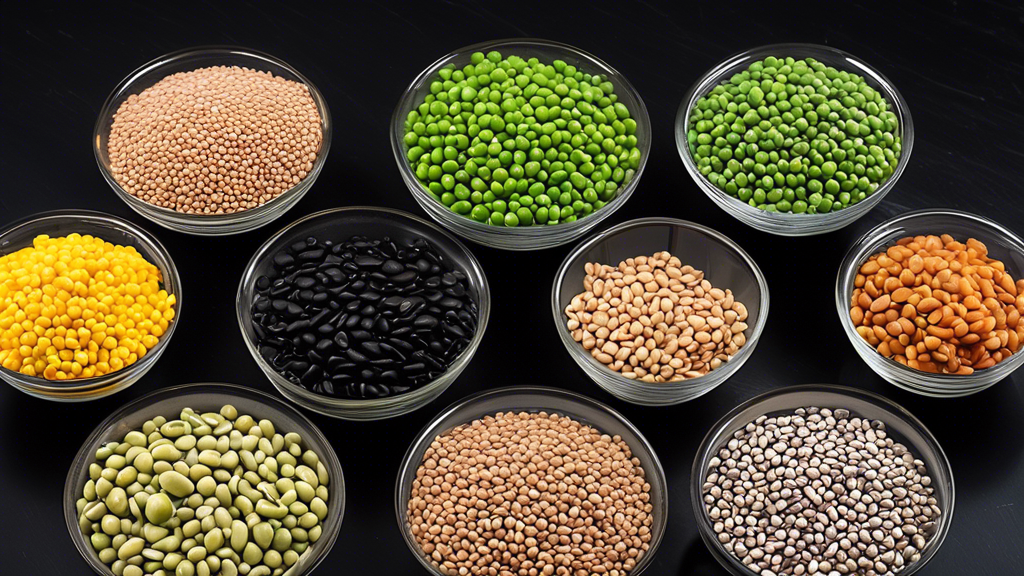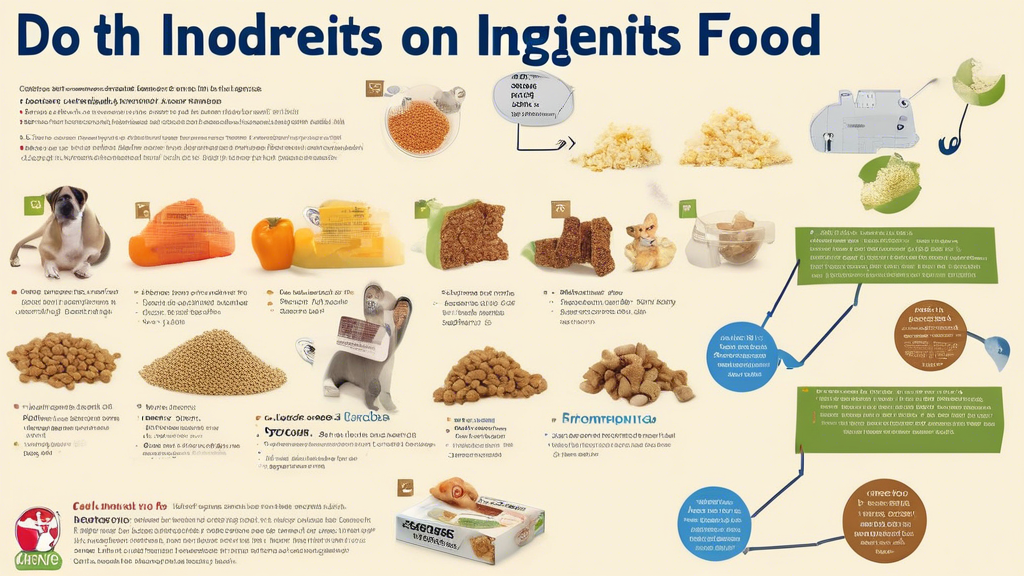**Best Sources of Protein for Dogs: A Comprehensive Guide for Optimal Nutrition**
Protein is a crucial nutrient for dogs, supporting their growth, maintenance, and overall well-being. Understanding the different protein sources available and their nutritional benefits is essential for dog owners to ensure their pets receive the optimal nutrition they need. This article explores the best sources of protein for dogs, including animal-based and plant-based options, highlighting their advantages, digestibility, and suitability for various breeds and health conditions.
## Animal-Based Protein Sources for Dogs
Animal-based proteins are highly digestible and provide all the essential amino acids that dogs need to thrive. They are also a great source of vitamins and minerals.
### Types of Animal-Based Protein Sources
The most common animal-based protein sources for dogs are:
– **Chicken:** Chicken is a highly digestible protein source that is low in fat and sodium. It is also a good source of amino acids, vitamins, and minerals.
– **Beef:** Beef is a good source of protein, iron, and zinc. It is important to choose lean beef, as fatty beef can be difficult for dogs to digest.
– **Lamb:** Lamb is a good source of protein, iron, and zinc. It is also lower in fat than beef, making it a good choice for dogs that have sensitive stomachs.
– **Fish:** Fish is a good source of protein, omega-3 fatty acids, and vitamins. It is important to choose fish that is low in mercury, such as salmon, tuna, or sardines.
– **Eggs:** Eggs are a good source of protein, vitamins, and minerals. They are also highly digestible, making them a good choice for dogs with sensitive stomachs.
### Benefits of Animal-Based Protein Sources
Animal-based protein sources offer several benefits for dogs, including:
– **High digestibility:** Animal-based proteins are highly digestible, meaning that they are easily broken down and absorbed by the digestive system. This makes them a good choice for dogs with sensitive stomachs or those that have difficulty digesting other types of protein.
– **Rich in essential amino acids:** Animal-based proteins are complete proteins, meaning that they contain all of the essential amino acids that dogs need to build and maintain muscle.
– **Good source of vitamins and minerals:** Animal-based proteins are a good source of a variety of vitamins and minerals, including iron, zinc, and vitamins A, B, and D.
The #1 Free Source for Pitbull & Bully Pedigrees!

Plant-Based Protein Sources
Types of Plant-Based Protein Sources
- Legumes: Beans, lentils, and peas are excellent sources of plant-based protein for dogs. They are rich in fiber, vitamins, and minerals.
- Soy: Soy is a highly digestible and complete protein source for dogs. It is also low in fat and cholesterol.
- Quinoa: Quinoa is a grain that is high in protein, fiber, and essential amino acids. It is also a good source of vitamins and minerals.
Benefits of Plant-Based Protein Sources for Dogs
- Lower in fat: Plant-based protein sources are typically lower in fat than animal-based protein sources. This can be beneficial for dogs who are overweight or have pancreatitis.
- Suitable for dogs with allergies or sensitivities: Plant-based protein sources can be a good option for dogs who are allergic or sensitive to animal proteins.
- Sustainable: Plant-based protein sources are more sustainable than animal-based protein sources. This is because they require less land, water, and energy to produce.
When choosing a plant-based protein source for your dog, it is important to choose one that is high in quality and digestible. You should also avoid giving your dog too much plant-based protein, as this can lead to gas and bloating.
Here are some tips for feeding your dog a plant-based diet:
- Start slowly: Gradually introduce plant-based proteins into your dog’s diet over a period of several weeks. This will help to avoid digestive upset.
- Monitor your dog’s weight: Make sure to monitor your dog’s weight when feeding them a plant-based diet. If your dog starts to lose weight, you may need to increase the amount of protein in their diet.
- Consult with your veterinarian: If you have any questions about feeding your dog a plant-based diet, it is important to consult with your veterinarian.
**Conclusion**
Providing your dog with a high-quality diet that meets its protein requirements is crucial for its overall health and well-being. Both animal-based and plant-based proteins have their own unique benefits and can contribute to a well-balanced diet for dogs.
Animal-based proteins, such as chicken, beef, fish, and eggs, provide a highly digestible and complete source of essential amino acids. They are rich in nutrients like taurine, carnitine, and iron. However, some dogs may be allergic or sensitive to certain animal proteins.
Plant-based proteins, such as legumes, soy, and quinoa, offer a lower-fat alternative to animal-based proteins. They are also suitable for dogs with allergies or sensitivities. However, plant-based proteins are generally less digestible and may not provide the same level of essential amino acids as animal-based proteins.
Ultimately, the best source of protein for your dog will depend on its individual dietary needs and preferences. It is important to consult with a veterinarian or certified animal nutritionist to determine the optimal protein source and amount for your pet. By providing your dog with a balanced and nutritious diet that meets its protein requirements, you can help ensure its health, well-being, and vitality for years to come.













Leave A Comment